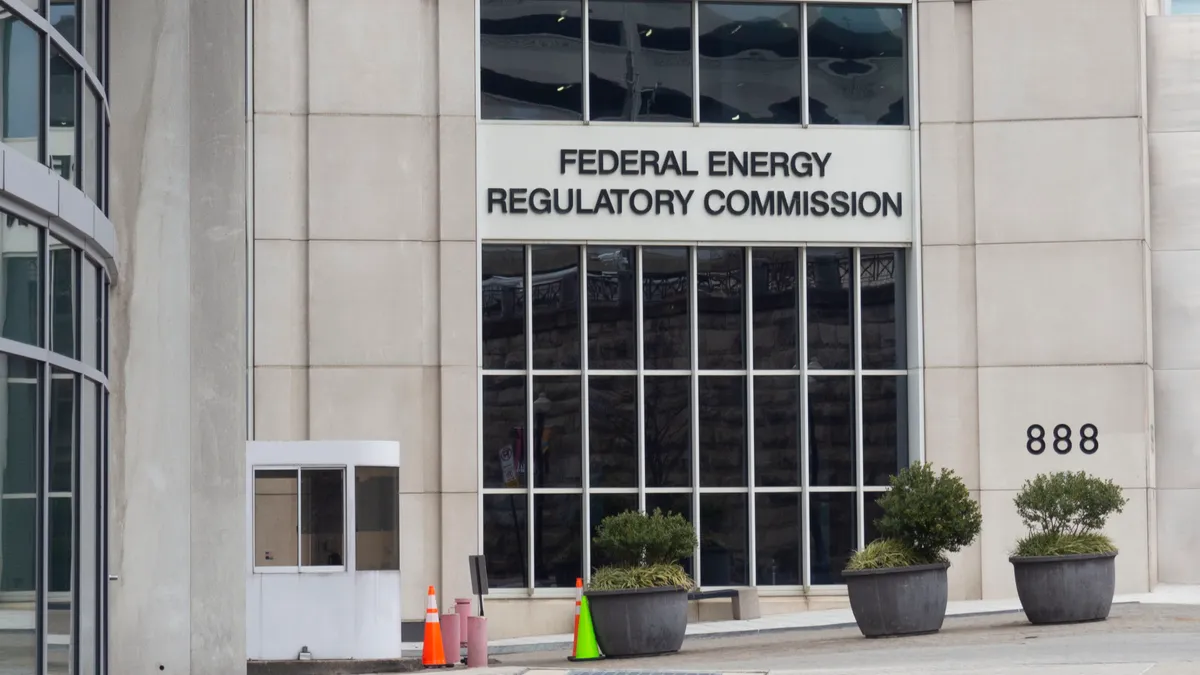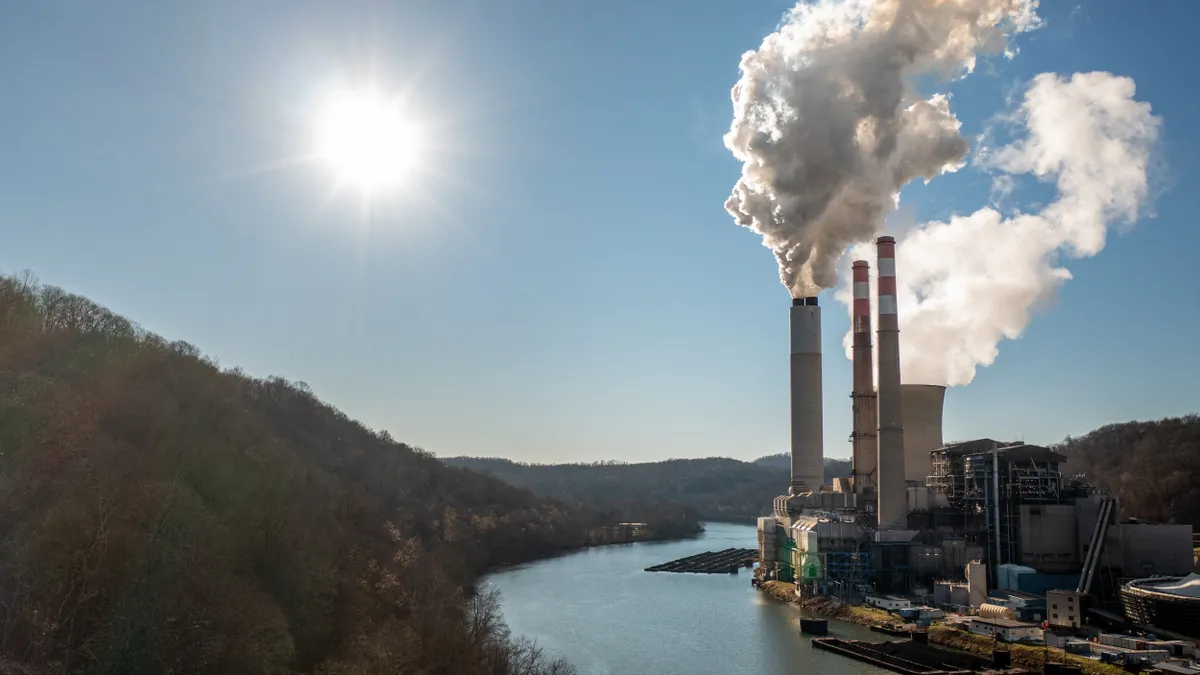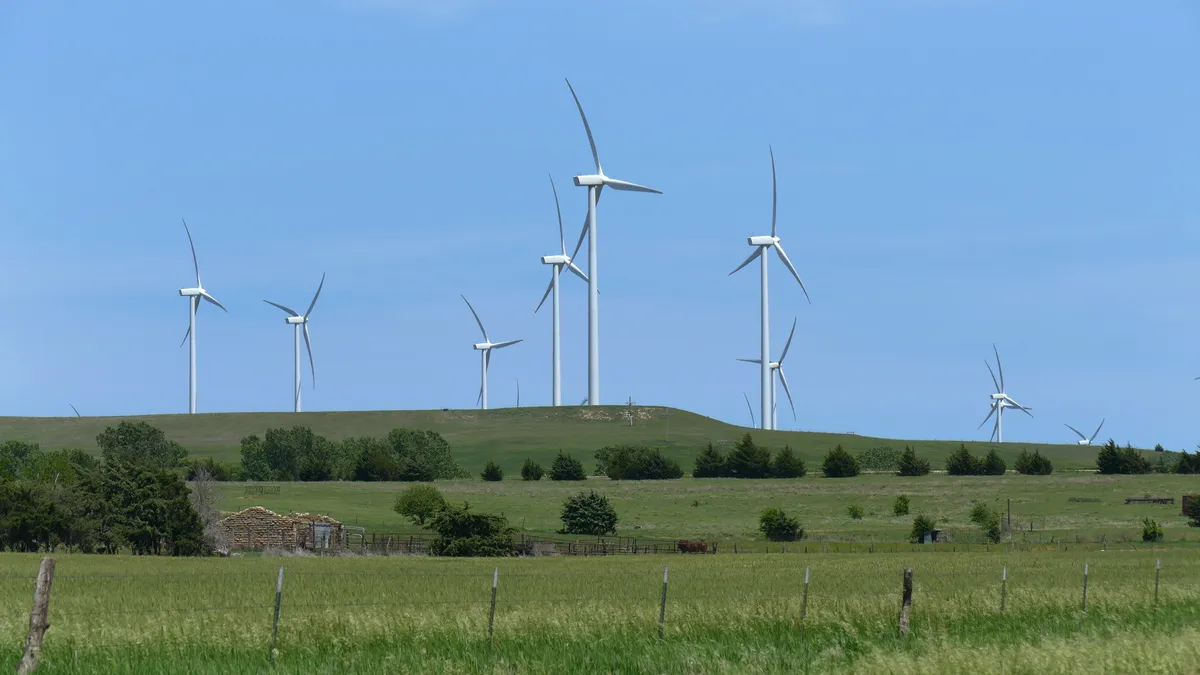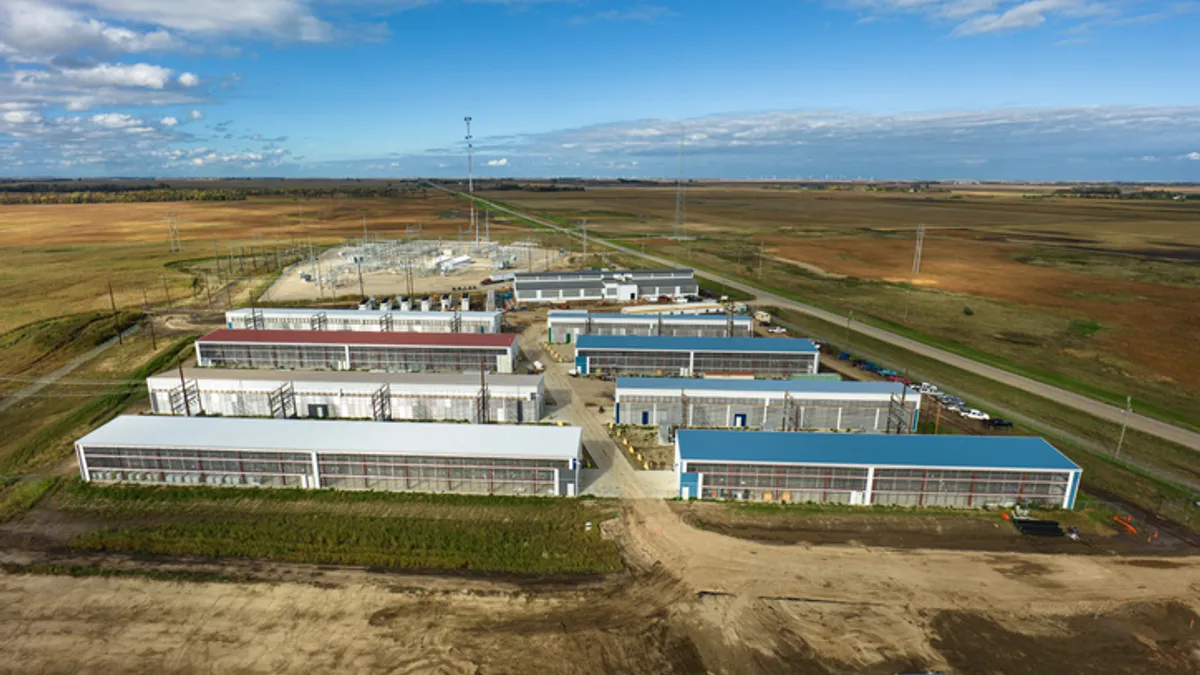The Federal Energy Regulatory Commission held its open meeting on Thursday at the Howard University School of Law, a predominantly Black institution in Washington, D.C.
“As the first Black chairman of FERC, as a graduate of this esteemed law school, and as the great-grandson of a slave, it is not lost on me the significance of this moment,” FERC Chairman Willie Phillips said, noting the meeting was held during Black History Month.
Here are six takeaways from the meeting.
FERC approves extreme cold weather reliability standards. The agency approved two standards that aim to ensure that grid operators don’t cut power to critical natural gas facilities during emergencies. The standards proposed by the North American Electric Reliability Corp. grew out of Winter Storm Uri in 2021. One standard, in part, requires balancing authorities to draft plans to protect critical natural gas infrastructure from outages during planned load shedding in emergencies. The other standard provides greater specificity about a balancing authority’s responsibilities in extreme cold weather.
Some of the standards requirements don’t take effect for three years. “Waiting years for new reliability standards to kick in, whether they be cold weather or cybersecurity requirements, is not reflective of the urgency these issues demand,” FERC Commissioner Allison Clements said. Clements and Phillips urged affected entities to voluntarily adopt the standards as soon as possible.
Stay tuned for a transmission planning rule. FERC intends to move forward in the “very near future” on its pending regional transmission planning and cost allocation rule, according to Phillips. “This will be a historic rule,” Phillips said during a media briefing. “It will be the greatest development regarding electric transmission rules in the country in over a generation. We are very excited to implement this rule.”
FERC’s LNG reviews unaffected by DOE pause. The Department of Energy’s pause on reviewing applications to export liquefied natural gas won’t affect FERC, according to Phillips. “We are focused on those matters that are properly filed and pending before FERC, and we will act on them as we do with all matters when they are ready to be acted upon,” Phillips said.
There is no coordination between FERC and DOE, Phillips said, noting that under the Natural Gas Act the commission is responsible for siting LNG facilities and the department reviews export and import applications.
FERC on Thursday gave Saguaro Connector Pipeline, a ONEOK subsidiary, permission to build a pipeline on the U.S.-Mexico border to export gas to Mexico. The gas would be delivered to a planned LNG export facility on Mexico’s West coast.
As she has in other decisions, Clements agreed with approving the project but dissented from the decision’s conclusion that FERC is incapable of assessing the significance of the effects of greenhouse gas emissions related to the pipeline.
FERC also gave Tellurian subsidiaries an additional three years to build the Driftwood LNG export terminal and related pipeline.
FERC will deny preliminary hydroelectric permits for projects on tribal land if the tribe opposes them. FERC established a new agency policy by rejecting permit applications to study seven potential pumped hydro storage projects on Navajo land in Arizona and New Mexico that were opposed by the Navajo Nation.
“To avoid permit denials, potential applicants should work closely with Tribal stakeholders prior to filing applications to ensure that Tribes are fully informed about proposed projects on their lands and to determine whether they are willing to consider the project development,” FERC said in one of the decisions involving three projects totaling 6 GW.
FERC streamlines enforcement office settlement process. FERC gave the Director of Office of Enforcement the discretion to authorize office staff to engage in settlement negotiations without asking the commission.
“Ensuring that the Commission moves expeditiously benefits the subjects of Commission investigations who want to resolve investigations early, as well as any market participants, customers, and the public who may have been harmed by the alleged violations and to whom disgorgement and restitution may be directed once settlement is achieved,” FERC said.
FERC expands public outreach. FERC’s Office of Public Participation, created about two years ago, expanded its outreach efforts in 2023, including holding 160 meetings with the public, engaging with constituents in 10 high-priority proceedings in the Gulf Coast, the Southeast and New England, and responding to more than 400 calls seeking information, agency staff said Thursday.
“This is really making progress and meeting people where they are,” Clements said. “[The OPP’s] work helps us hear from more perspectives and hopefully causes us as a commission to make better and more durable decisions.”






















